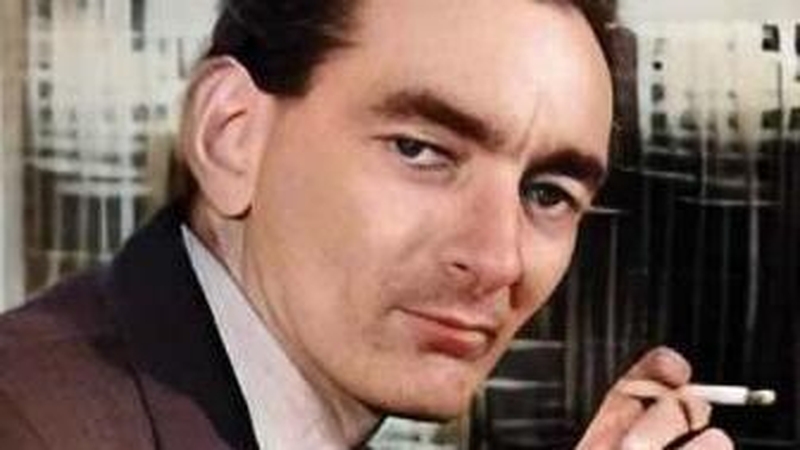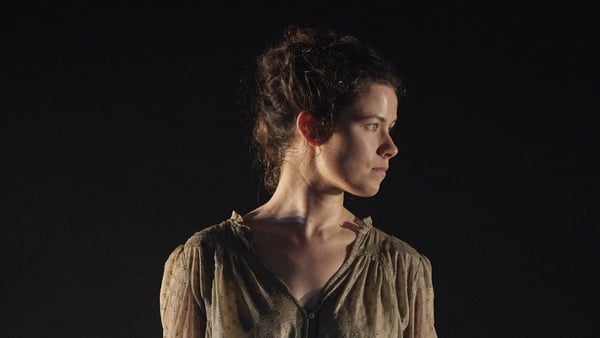Author Kelly Matthews introduces, a new biography of the legendary playwright and author of Dancing At Lughnasa, which returns to Dublin's Gate Theatre this July.
When Brian Friel died in 2015, The Guardian called him 'the father of modern Irish drama'. The New York Times eulogized him as ‘the Irish Chekhov’. He had long been acclaimed as Ireland’s leading contemporary playwright, with 24 plays for Broadway and West End theatres.
But his story begins much earlier, in the wartime city of Derry, where, as a boy, he roller skated between concrete barricades and, as a young man, sold his first stories and plays to BBC radio.
My book Brian Friel: Beginnings chronicles Friel’s first decade as a writer, before he became well known. In the BBC archives, I found over a hundred previously unseen letters between Friel and his Belfast radio producer, Ronnie Mason. On a hunch, I travelled to the New Yorker archives, where a similar trove of letters between Friel and his first editor, Roger Angell, revealed the young writer’s struggles as well as his sense of humour and his comradeship with his earliest mentors. I interviewed Roger Angell at length, and I delved into the Tyrone Guthrie archives in Northern Ireland and Minneapolis, which shed light on Friel’s first experience of life in the theatre and the writing of his breakout hit, Philadelphia, Here I Come! – the longest-running Irish play on Broadway in 1966.
We need your consent to load this rte-player contentWe use rte-player to manage extra content that can set cookies on your device and collect data about your activity. Please review their details and accept them to load the content.Manage Preferences
The young Brian Friel that emerges from his letters is different from the reclusive, tight-lipped, even stubborn writer the world would come to know, or to think we knew. He is funny, self-deprecating, open to endless revisions, eager to please, hungry for honest criticism and encouragement. Above all, he is a working writer – not bound to any particular genre, moving fluidly from drama to fiction to humour and back again, letting his typewriter lead him to any new market that might offer publication and success.
In the early 1960s, those markets included occasional columns for the Irish Times, where Friel’s humorous opinions on the Tidy Towns competition (won three years in a row by Glenties, his mother’s home place) appeared alongside Myles na gCopaleen’s Cruiskeen Lawn. Later, Friel moved to the Irish Press and authored a weekly column that portrayed him as an ‘ineffectual man who suffers all sorts of misfortunes … the small, set-upon, comic figure.’ His first plays for BBC Radio, on the other hand, focused on embittered, middle-aged fathers, teachers, priests, or postmen – a far cry from the youth and exuberance of Philadelphia, Here I Come!
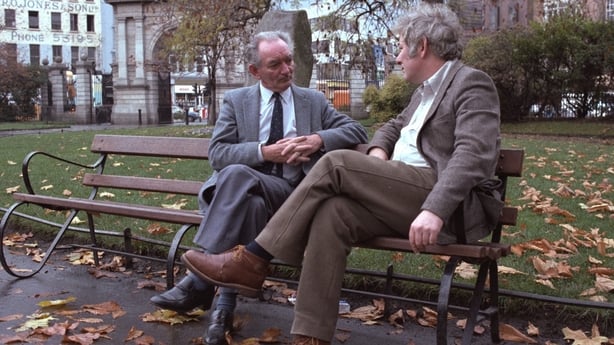
As Friel experimented with genres and styles, he persevered through challenges that might stifle any young writer’s confidence. His first stage play The Francophile was shelved for two years while the Group Theatre in Belfast struggled through major controversy about another play, Over the Bridge, that portrayed shipyard sectarianism too sharply for its board of directors. Later, Friel spent over a year appealing to potential Broadway and West End producers for Philadelphia, Here I Come! – a play that almost sank from view after its two-week run at the Dublin Theatre Festival.
The young Brian Friel that emerges from his letters is different from the reclusive, tight-lipped, even stubborn writer the world would come to know, or to think we knew.
But there were successes amid the rejections: the New Yorker magazine threw Friel a lifeline in 1960 when it offered a first reading agreement, although fiction editor Roger Angell continued to reject most of the pieces Friel sent. (‘I suspect you are writing entirely too fast’, Angell scolded. ‘You send us more stories than any other contributor I know about, and I think they show the effects of haste and incomplete thought.’) Friel’s play about St. Columba, The Enemy Within, became a surprise hit for the Abbey Theatre in 1962, prompting Fr. Edward Daly, then a newly appointed curate in Derry, to organize its Northern premiere at St. Columb’s Hall – the national theatre company’s first visit to the maiden city.
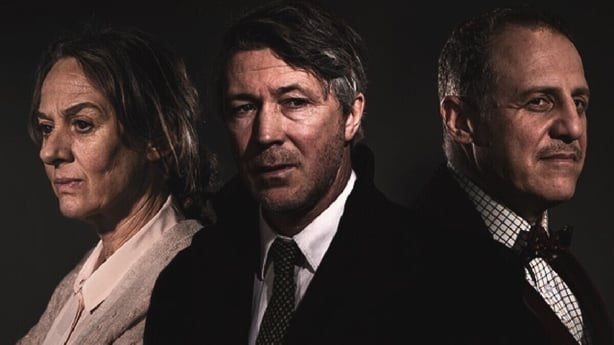
Throughout all his trials and tribulations, Anne Friel stood by her husband as first reader, confidante and fearless travelling companion, journeying to Minneapolis alongside him for three months when she was pregnant with their third child. That trip, made at the invitation of Sir Tyrone Guthrie so that Brian could observe rehearsals for the Guthrie Theatre’s first season, cemented the young writer’s commitment to drama as his metier. When, decades later, he co-founded the Field Day Theatre Company with actor Stephen Rea, he no doubt drew inspiration from the ‘great feeling of pride and esprit de corps’ that marked Guthrie’s civic and artistic endeavour.
Indeed, in Brian Friel’s beginnings lay the seeds of his prodigious career: his preoccupations with memory, truth, duality in public and private life, the balance of humour and pathos, belly laughter and tears, the strain of comedy amid temptations toward bitterness. Friel’s prolific work during his early years leapt among genres as his voice grew stronger and more confident, and his mentors, editors and directors became true friends and role models. His experimentations with style and language continued throughout his career, as witnessed in landmark plays like Faith Healer, The Freedom of the City, Translations and Dancing at Lughnasa. The boy who grew up in Derry and spent his summers in Glenties eventually found a worldwide audience. And, as his early work shows, the patterns that became so memorable in his later plays were set in motion by his beginnings.
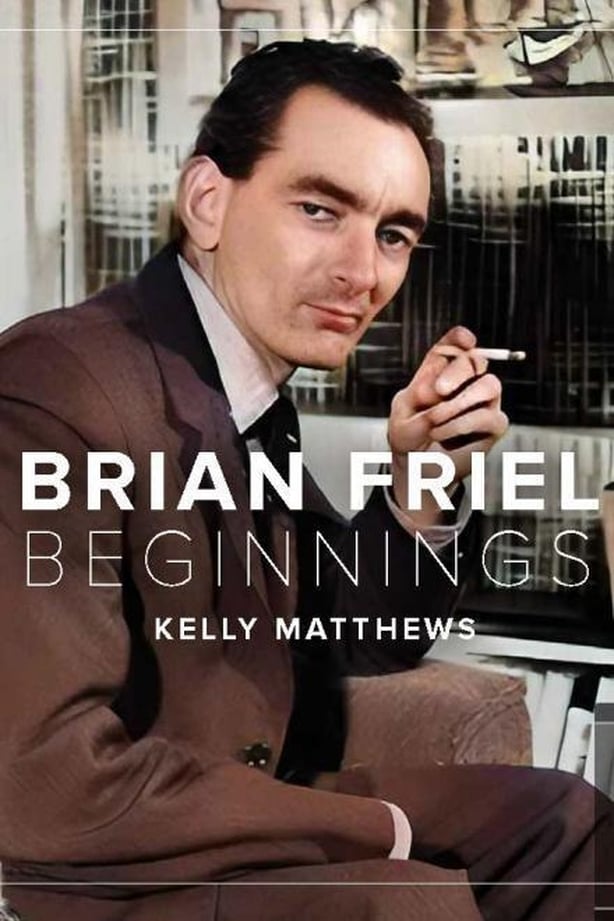
Brian Friel: Beginnings is published by Four Courts Press. Dancing At Lughnasa is at The Gate Theatre, Dublin from July 17th, with previews from July 12th - find out more here.
